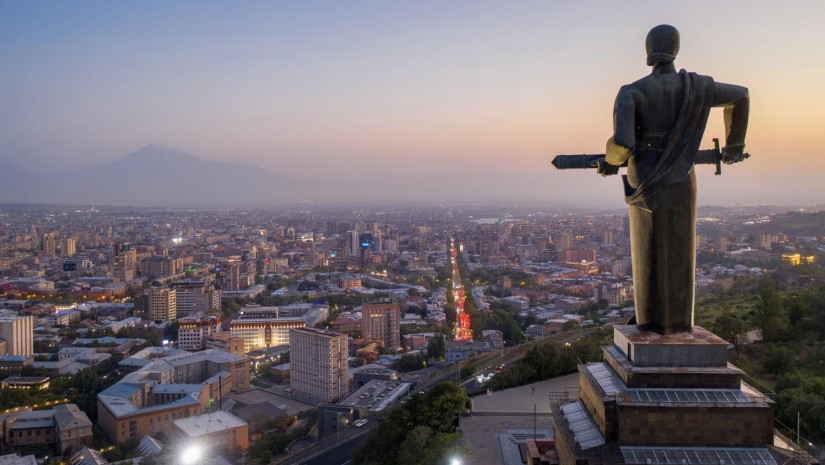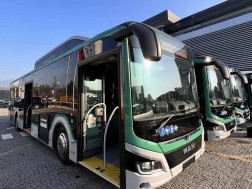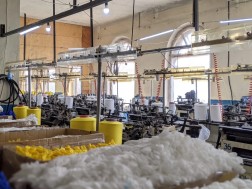In 2025, Yerevan’s authorities plan to increase budget revenues primarily through higher public transportation fares, while simultaneously reducing capital expenditures for urban development. This is outlined in an analysis of the 2025 city budget conducted by the Luys Foundation.
According to the analysis, city officials expect to generate an additional $54 million in revenue from higher public transit fares, accounting for nearly a quarter of Yerevan’s own budget revenues. This measure will complement the fiscal changes introduced in 2024, including a new property tax calculation methodology and sharp increases in parking fees.
Analysts are particularly concerned about a 24.4% reduction in capital expenditures compared to 2024. Meanwhile, the bonus fund for city hall employees continues to show "impressive" growth, increasing by another 46.1% in 2025. Over the past three years, this fund has grown more than 4.1 times.
Significant budget cuts are evident in key urban programs. For instance, funding for asphalt paving repairs will decrease by 28.2%, while allocations for bridge restoration will drop by 24.4% to just $748,700. Furthermore, the implementation of these programs has been poor: as of September 2024, only 42.8% of the paving budget and 12.7% of the bridge restoration budget had been utilized.
At the same time, spending on secondary initiatives is seeing a dramatic increase. For example, the budget for festive city decorations will grow sixfold in 2025 compared to 2024, with a two-year increase of 18.6 times. Funding for cultural events in 2025 will exceed 2023 levels by 2.6 times.
The planning of the Achapnyak metro station project also raises questions. Despite no expenditures on this program in 2024, the 2025 budget allocates 2.4 times more funding than this year.
Analysts from the Luys Foundation also point to issues with budget deficit planning. Over the past seven years, actual deficit figures have deviated significantly from projections. In 2024, despite an adjusted deficit target of $22.1 million, the first nine months of the year saw a surplus of $31.2 million.
"Essentially, the growth in budget revenues will not stem from improved efficiency in municipal governance but will be entirely driven by increases in tariffs and taxes," the Luys Foundation experts conclude.
















